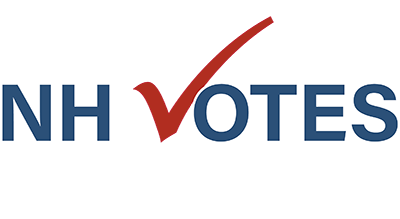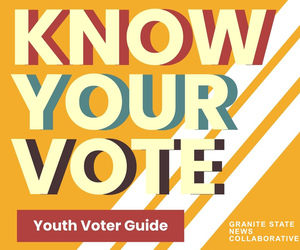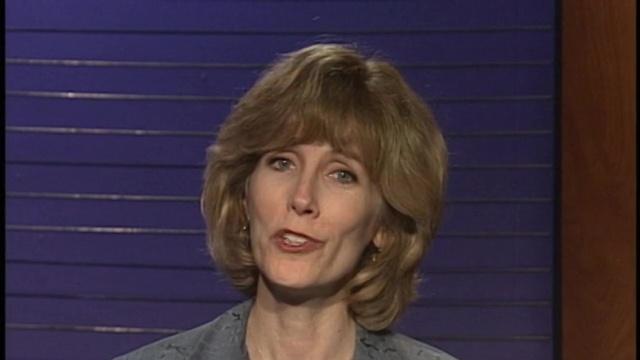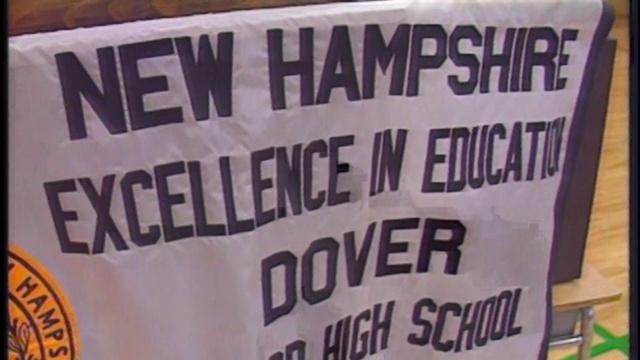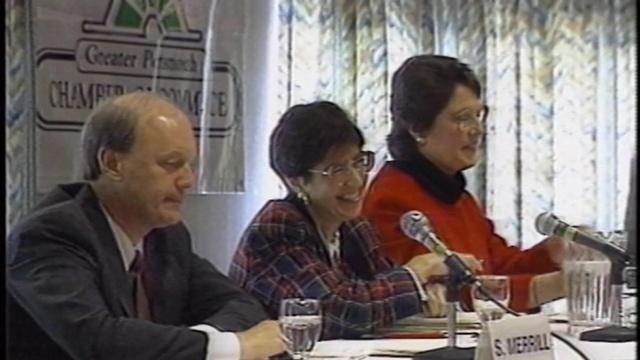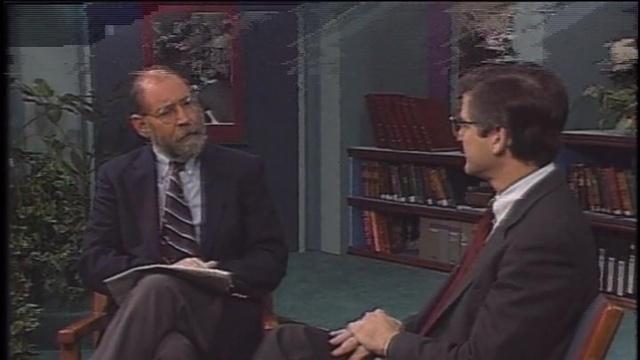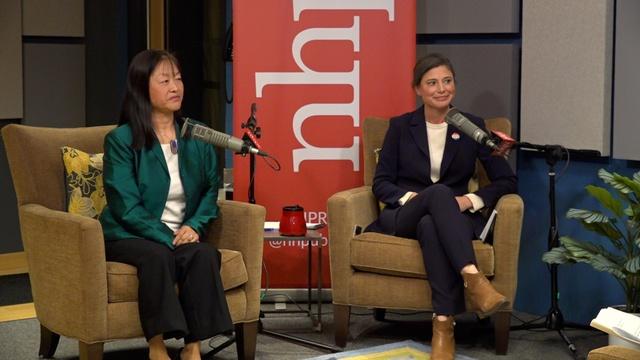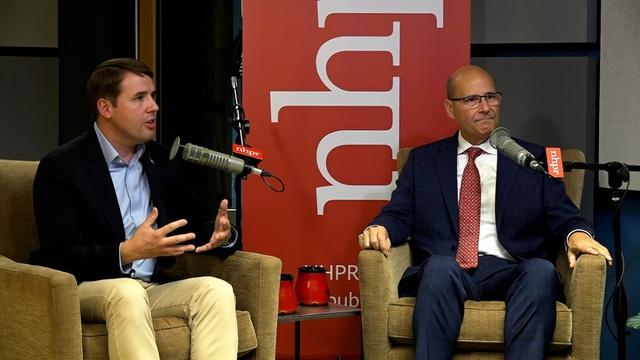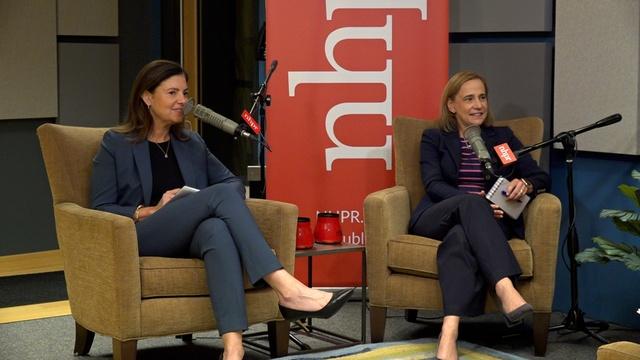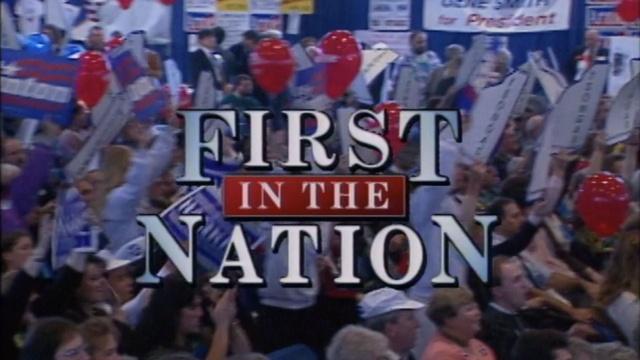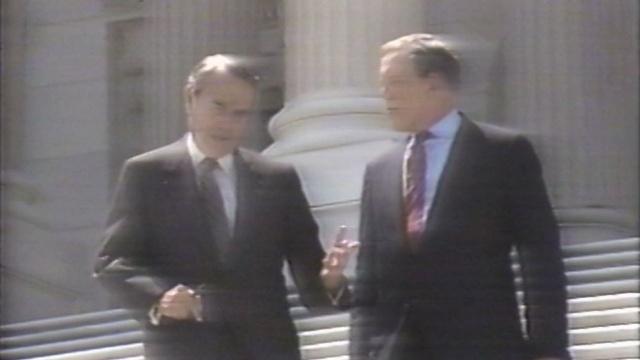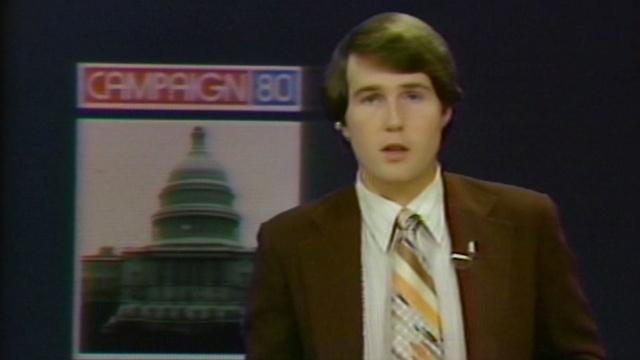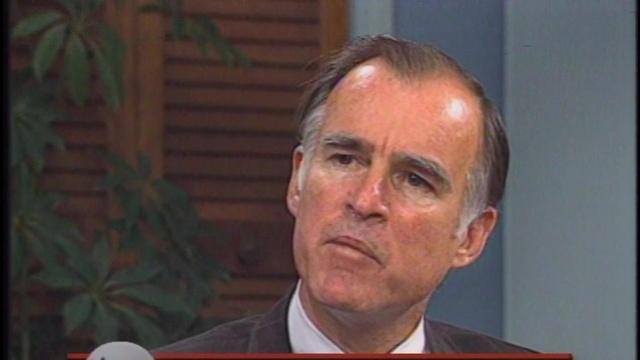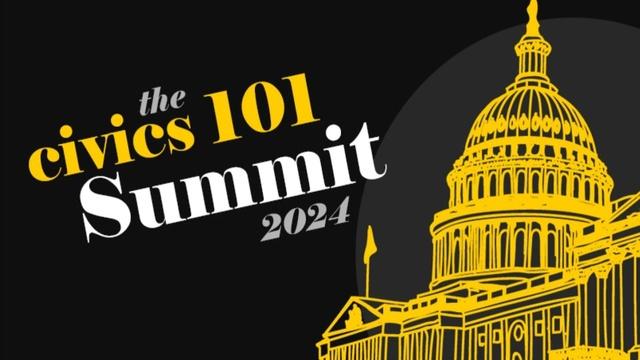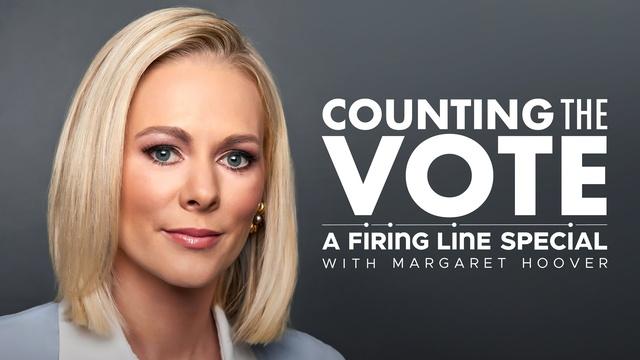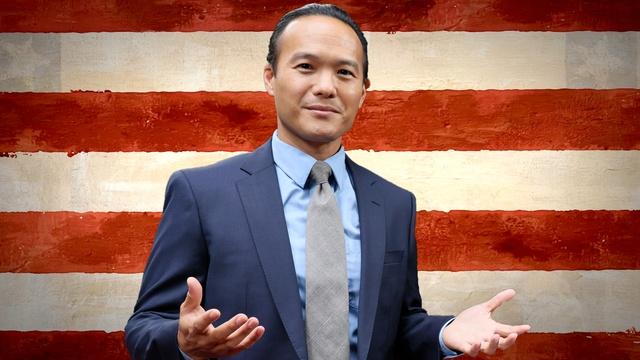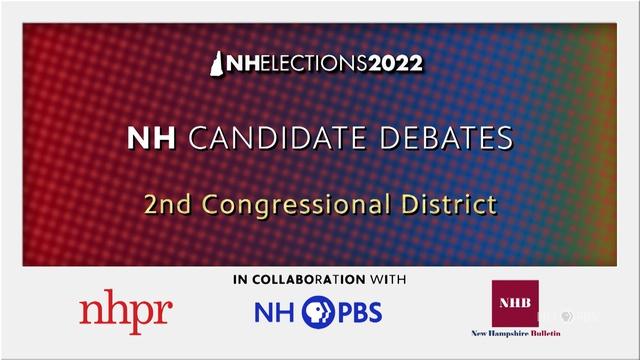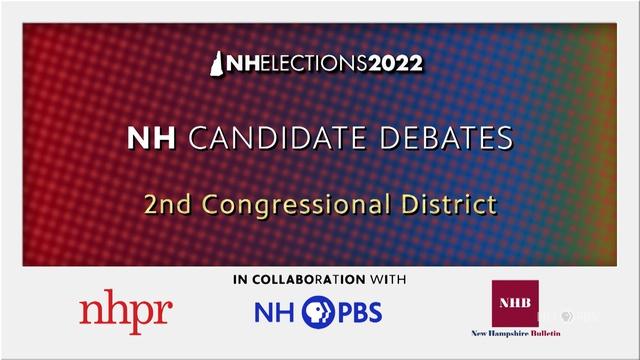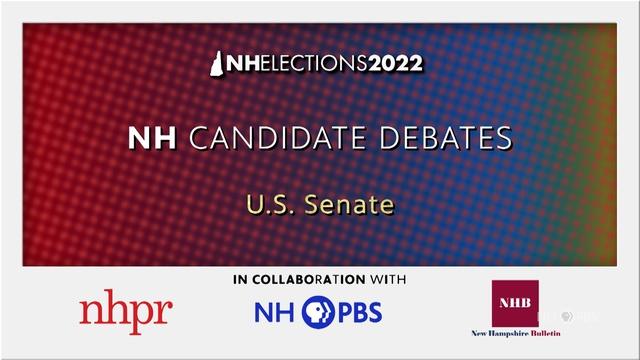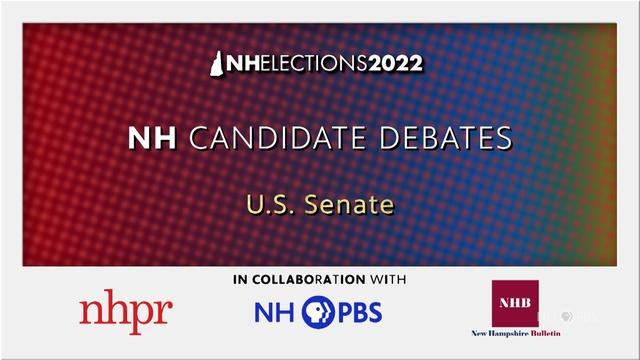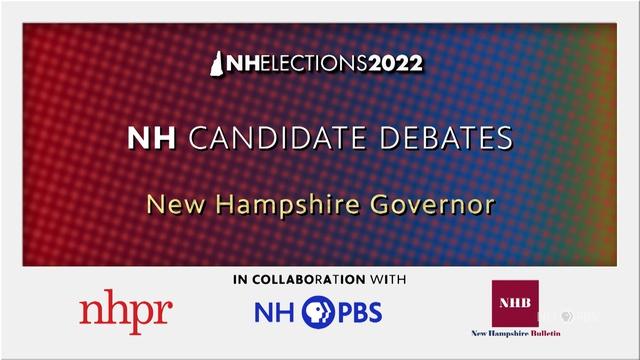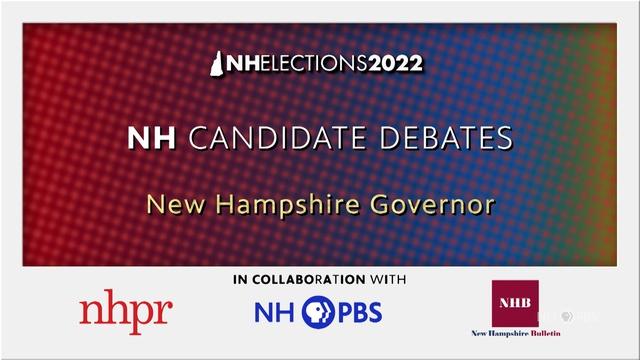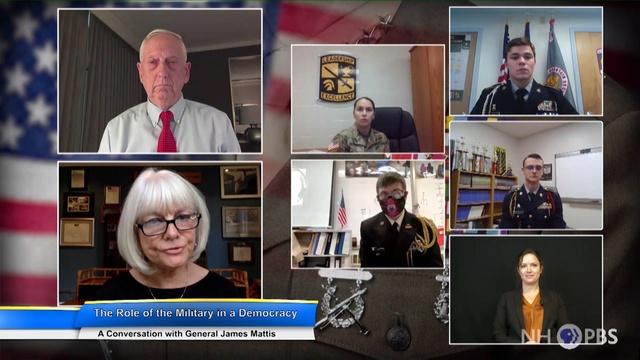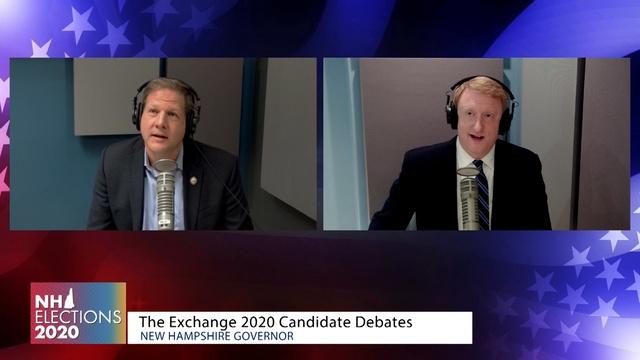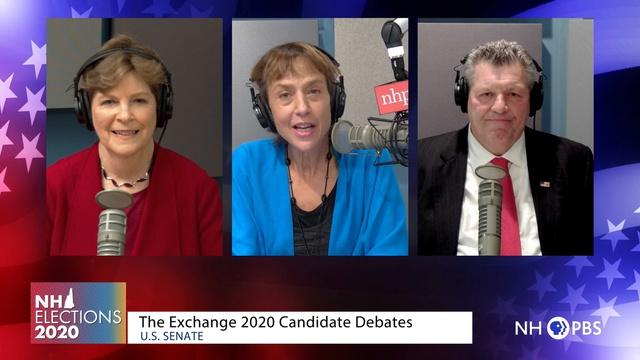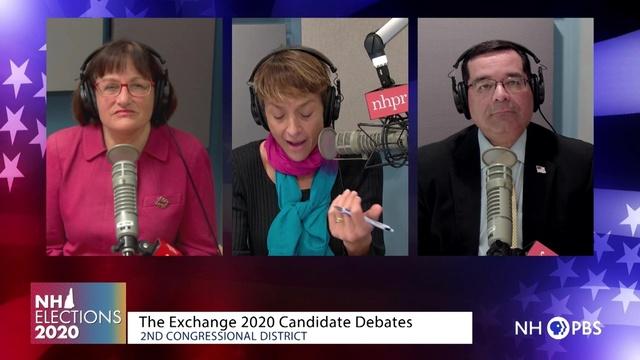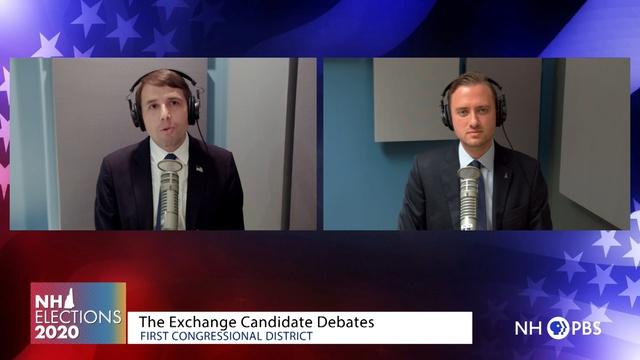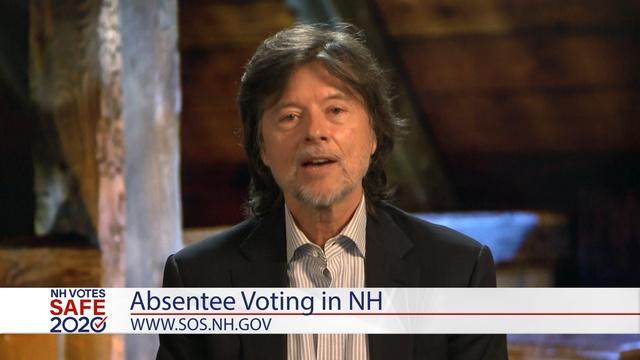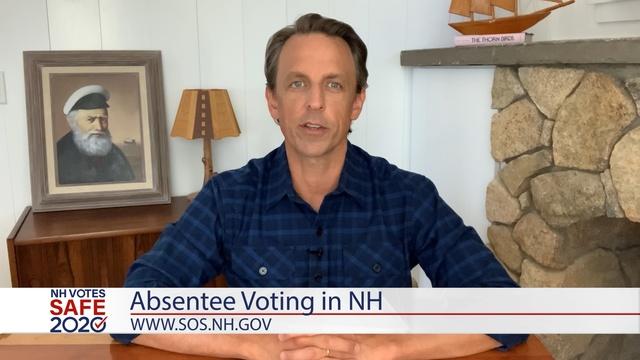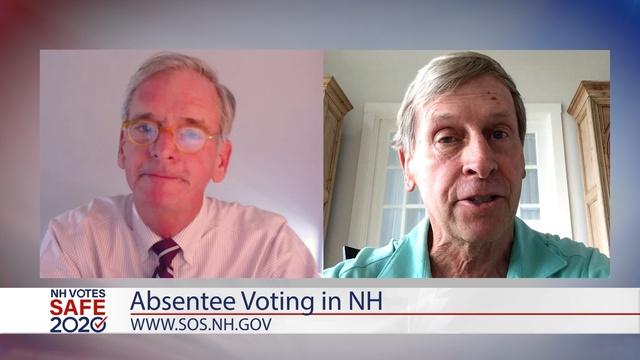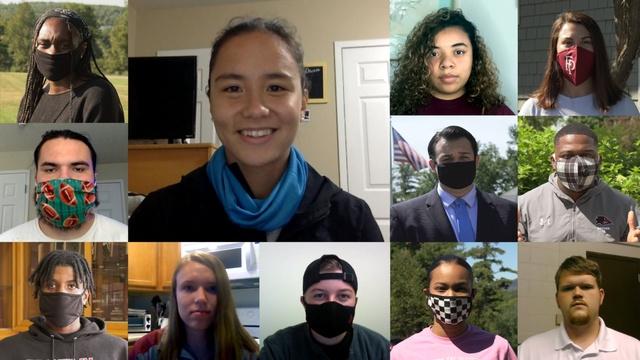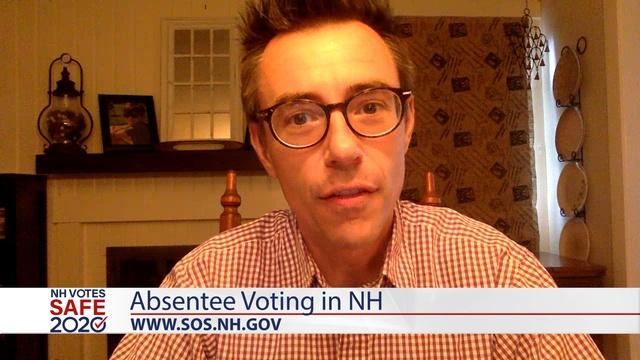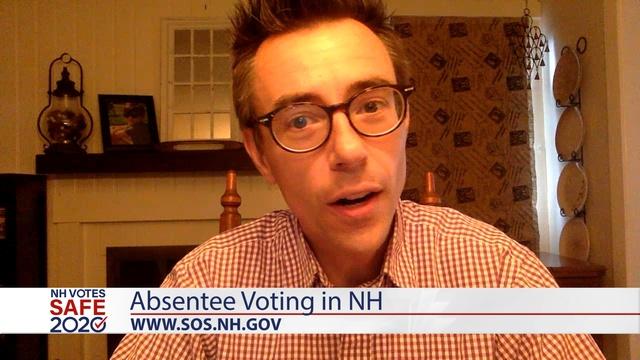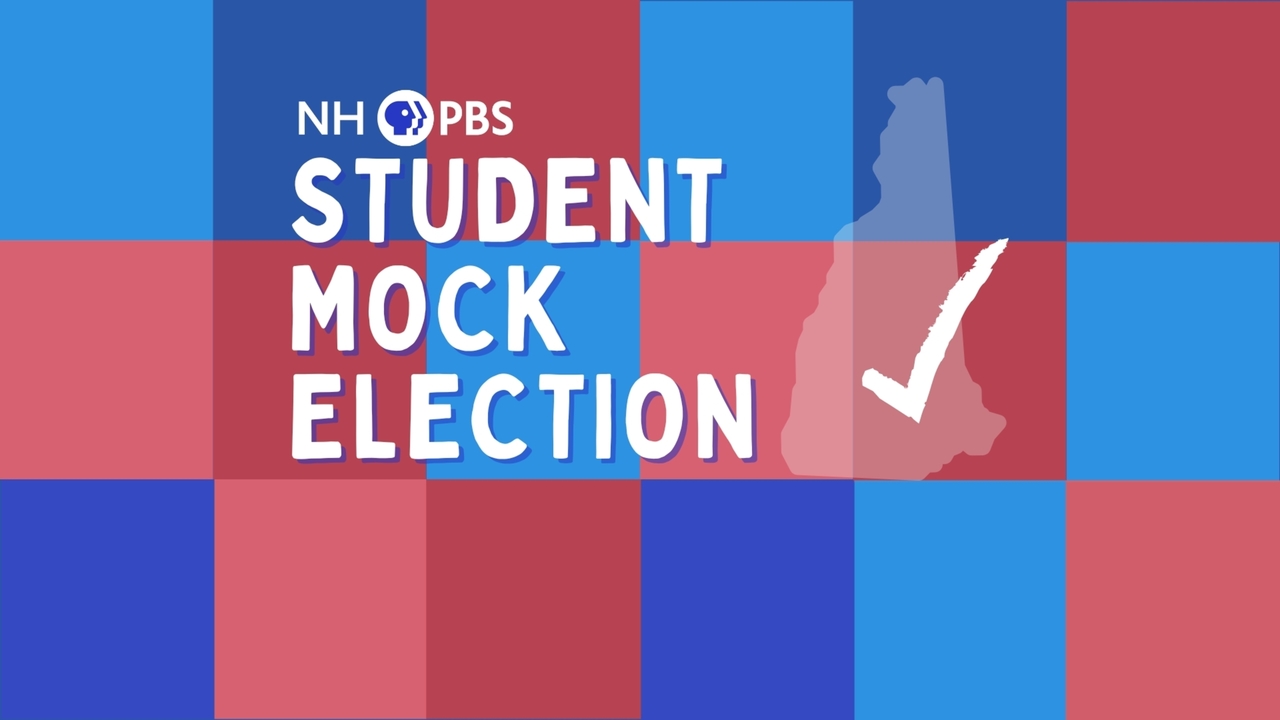How can I find out who is donating to my candidates?
By Rhianwen Watkins-Granite State News Collaborative
You can learn a lot about your candidates from knowing who their donors are.
Whether a given candidate is running at the local, state or national level, understanding what kinds of donors they have can give you an idea of who is supporting them financially. Knowing who your candidate’s donors are and how much money they are receiving can help you make a more informed decision on which candidate might align most closely with your beliefs or stands on issues. Furthermore, knowing how much their campaign is receiving in donations can sometimes be a factor in determining how likely their chances are of being elected.
If you want to know more about your candidates’ donations, there are some reliable databases for searching and tracking these.
Federal Elections Commission
The Federal Elections Commission’s search engine helps you find information about both donors and candidates running for federal offices – the presidency, the U.S. Senate and House of Representatives.. The FEC requires that candidates report their financial information quarterly. Certain political organizations, like Political Action Committees, must report monthly.
Under the Campaign Finance Data tab, is a search engine titled “Individual contributions.” The top left search bar allows you to type in the name of any candidate for president, Senate or House and will then display a list of their donors under the “contributor name” column. Other columns will show the state they are from, their employer, the date they donated and the amount.
Alternatively, if you wish to search for information about donors directly, you may search for them using the search bar under “Contributor Details,” putting in any information you wish, including a name, a city, a ZIP Code, an occupation or a specific employer. This will bring up all the same information as searching for a candidate. However, when searching for donors, you may find that the list of recipients includes not just individual candidates, but also companies, political action committees, and other groups.
Occasionally, a candidate or donor will not have any data listed.
In addition to allowing you to search for individual donors, the FEC also can provide information on how much each candidate is raising compared to others and how much residents of each state are donating to their campaigns.
Under the Campaign Finance Data tab, is a page called “Raising: by the numbers” which provides a comparative graph of how House, Senate and presidential candidates rank next to each other. An interactive map underneath shows which states are donating the most to the candidates in each category.
Opensecrets.org
Opensecrets.org is a fairly easy interface to search for donors of federal and state candidates, using the Donor Lookup search engine.
However, it requires you to search by donor only, rather than typing in a candidate's name to see which donors pop up.
This means you may have to use trial and error if you are looking for a specific candidate’s donors. However, it is helpful for seeing which candidates come up if you are more curious about which candidates are being supported by a specific business, organization or notable person of interest.
It’s also a good way to see which candidates are supporting each other, by typing in a candidate’s name as a donor, to see which other candidates' names come up as recipients.
How do you know that Opensecrets.org is a reliable source?
Opensecrets.org prides itself on being a trustworthy database that has been used by journalists, activists, political professionals and voters for over 25 years.
According to their Frequently Asked Questions page, approximately half their staff are dedicated full time to updating information regarding candidates and their donors, so numbers are always current.
According to Opensecrets.org, their primary source of data is the federal government. Any inaccuracies in data are the result of government agencies having not been thorough with their own data-keeping which Opensecrets.org relies on, the organization says..
New Hampshire Secretary of State
The New Hampshire secretary of state’s Campaign Finance System page allows you to search for financial information of candidates for governor, Executive Council, state Senate and House as well as candidates for county offices.
The page offers two search bars: one for “Candidate and Candidate Committees” and another for “Non-Candidate Committees and Political Advocacy Organizations Profiles.”
Alternatively, under each search box is an option to view suggested candidates and committees. This option will open up some further options to hone the search.
For example, under the “View Suggested Candidate” search option, you can choose 2024 candidates running for governor, Executive Council or N.H. Senate.
If you click on the “2024 candidates running for governor” tab, you will see the names of all the candidates running for governor in a list, as well as the total amount of donations for each one.
You can further hone your search for a specific candidate by clicking on an individual gubernatorial candidate’s name. This will display their top contributors and payee as well as what portion of their total donations came from businesses versus individual donors.
All state and county political candidates and committees are required, under RSA 664, to register with the Secretary of State’s office. So, if you are searching a candidate’s name or a committee using the Campaign Finance System page, you can be sure to find them when searching for their donors.
Start searching
Whichever platform you end up using, you should come away with a better idea of who your candidates’ donors are and their donation amounts. It is also helpful to search who the donors are if you are unfamiliar with them, to get a better idea of who the candidate’s voter and supporter base is.
The Know Your Vote, youth voter guide project was designed, reported and produced by student and young professional journalists from The Clock,The Concord Monitor, The Equinox, Granite State News Collaborative, The Laconia Daily Sun, The Monadnock Ledger-Transcript and The Presidency and the Press program at Franklin Pierce University. See the full guide at collaborativenh.org/know-your-vote.
Return to the
NH Votes
Main Page
Civics
Civics and civility are important for a thriving democracy because they allow citizens to participate effectively in the political process and to resolve their differences peacefully. When citizens are informed about their rights and responsibilities and when they are able to engage in civil discourse, they are better able to hold their government accountable and to work together to solve common problems.
New Hampshire PBS is partnering with NH Civics and the Marlin Fitzwater Center for Communication at Franklin Pierce University to promote civics and civility. Check out the latest events hosted by NH Civics.

